Starting an e-commerce business? Here are the top websites to sell online in India
Launch your online business the smart way — one platform at a time.

When you're thinking of growing a business or even starting one from scratch, one path that stands out these days is e-commerce. Why? Because it gives you the chance to reach more people without the stress of setting up a physical store. It's convenient, it's cost-effective, and with the way people are spending more time online, it just makes sense.
I still remember — about seven years ago, back when I was in polytechnic, hustling hard and trying to figure things out. One thing that really helped me get the word out as a photographer and connect with people was WhatsApp. It wasn’t fancy. I didn’t have a huge budget. But I had access to the internet and a platform where people were already looking for my services. That alone made a big difference.
Fast forward to now — India’s e-commerce space has exploded. In 2024, it was already worth over $107 billion. And by 2030, it’s expected to hit a massive $363 billion. That’s a 21.5% growth rate every year! All thanks to more people using smartphones, getting more comfortable shopping online, and the rise of digital payments.
So, if you’re a beginner looking to start an online business this 2025, you’re stepping into a space that’s booming — with plenty of tools, platforms, and opportunities to grow.
But here comes the big question: Where do you start from? Which websites or platforms should you consider if you're new and want to sell your products online?
Let’s break it down — from the most beginner-friendly platforms to those that give you more control and scalability as you grow.
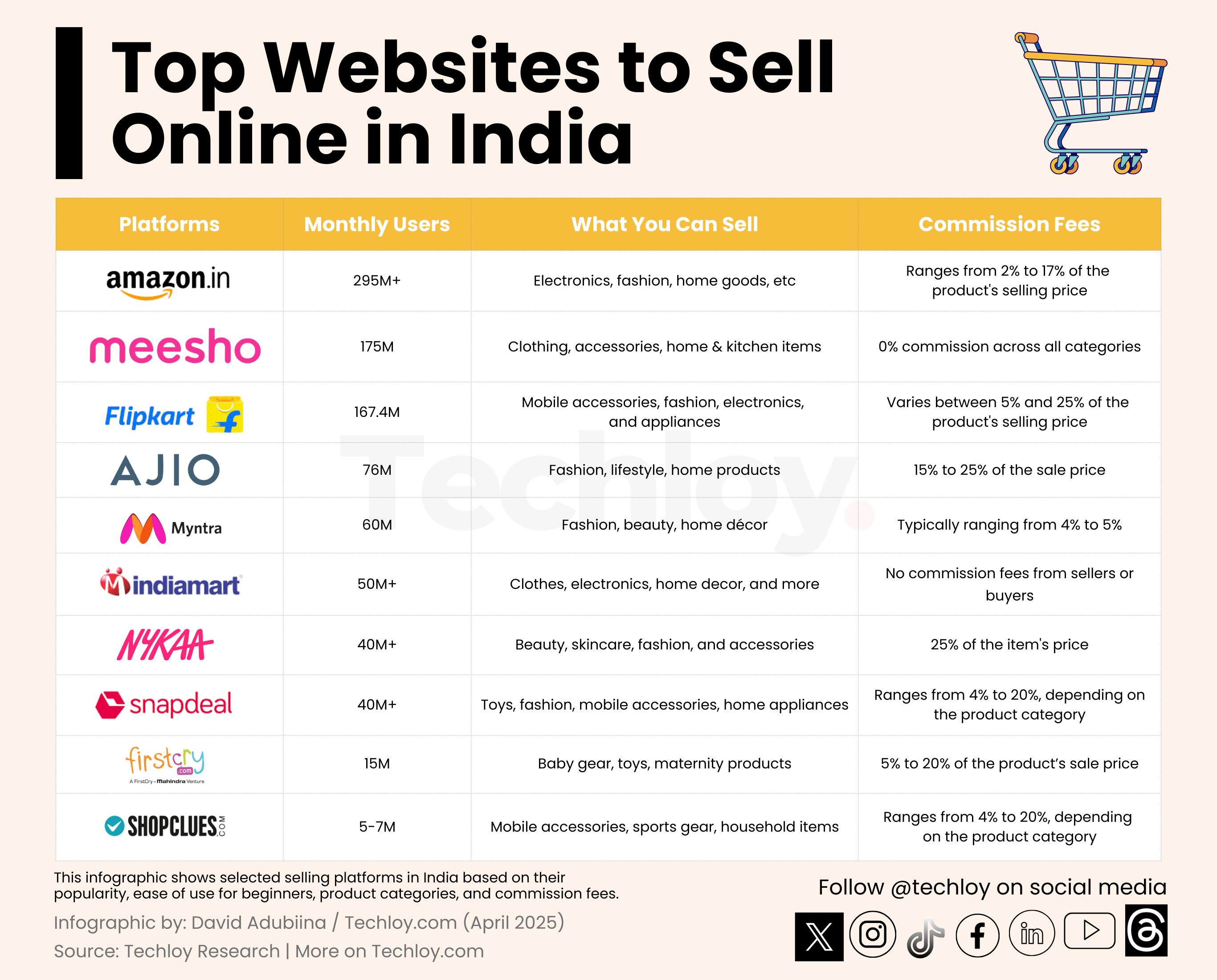
Top 10 Websites to Sell Online in India
1. Meesho – The Easiest Place to Start
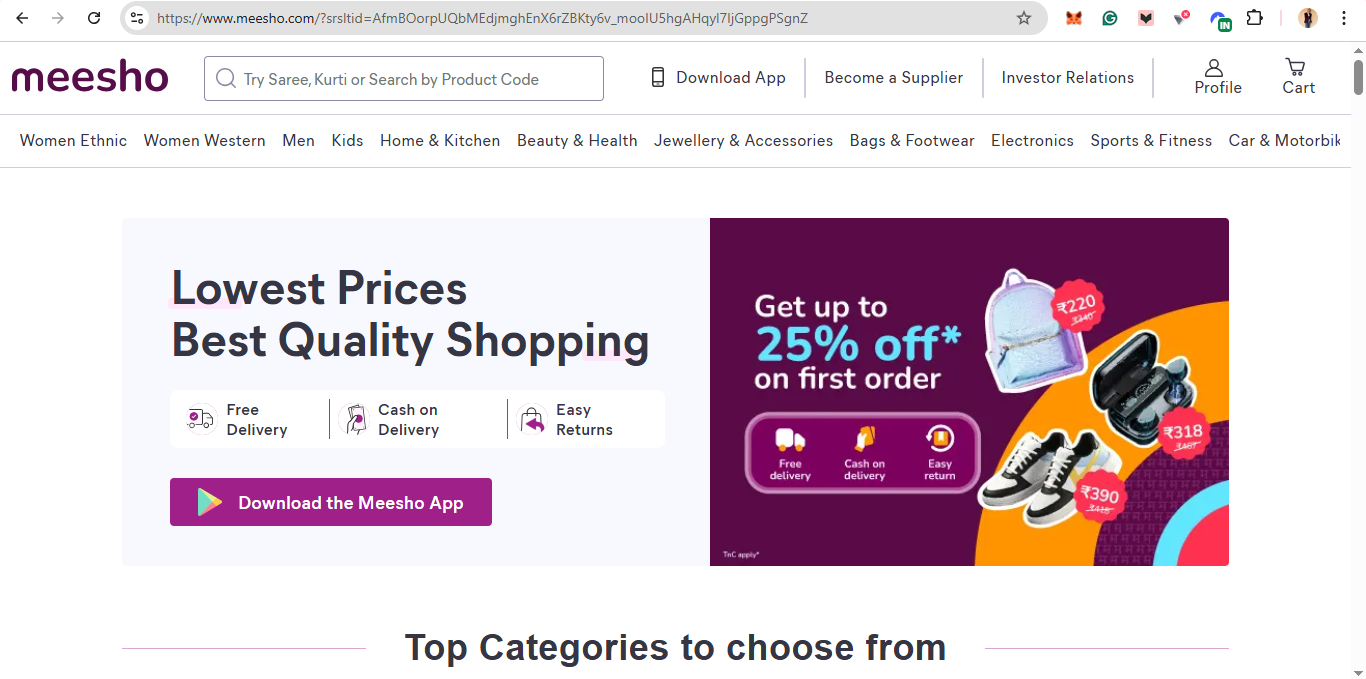
If you’ve never sold anything online before, Meesho is a great place to dip your toes in. No registration fees, no commissions on your first few orders, and you can upload products straight from your phone.
It’s built for small businesses and resellers — you can even sell without having a registered company at first. It works especially well for everyday items like fashion, home goods, and affordable gadgets — the kind of stuff people buy impulsively.
2. Snapdeal – Beginner-friendly with Low Competition
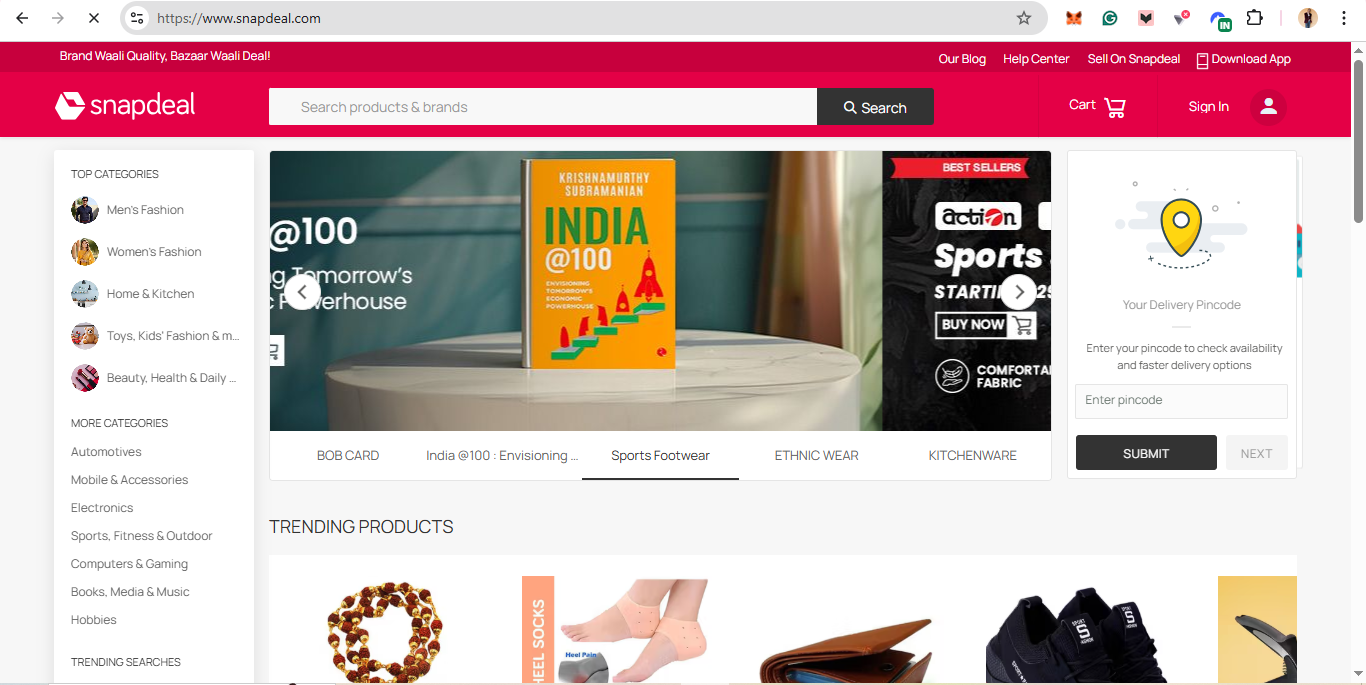
Snapdeal’s interface is simple and doesn’t feel overwhelming. It’s not as crowded as Amazon or Flipkart, which means your listings have a better chance to get noticed when you're just starting out.
They also offer handy guides along the way and notably a good fit if you’re selling things like affordable electronics, clothing, or daily-use products.
3. ShopClues – Budget Marketplace with Fewer Sellers
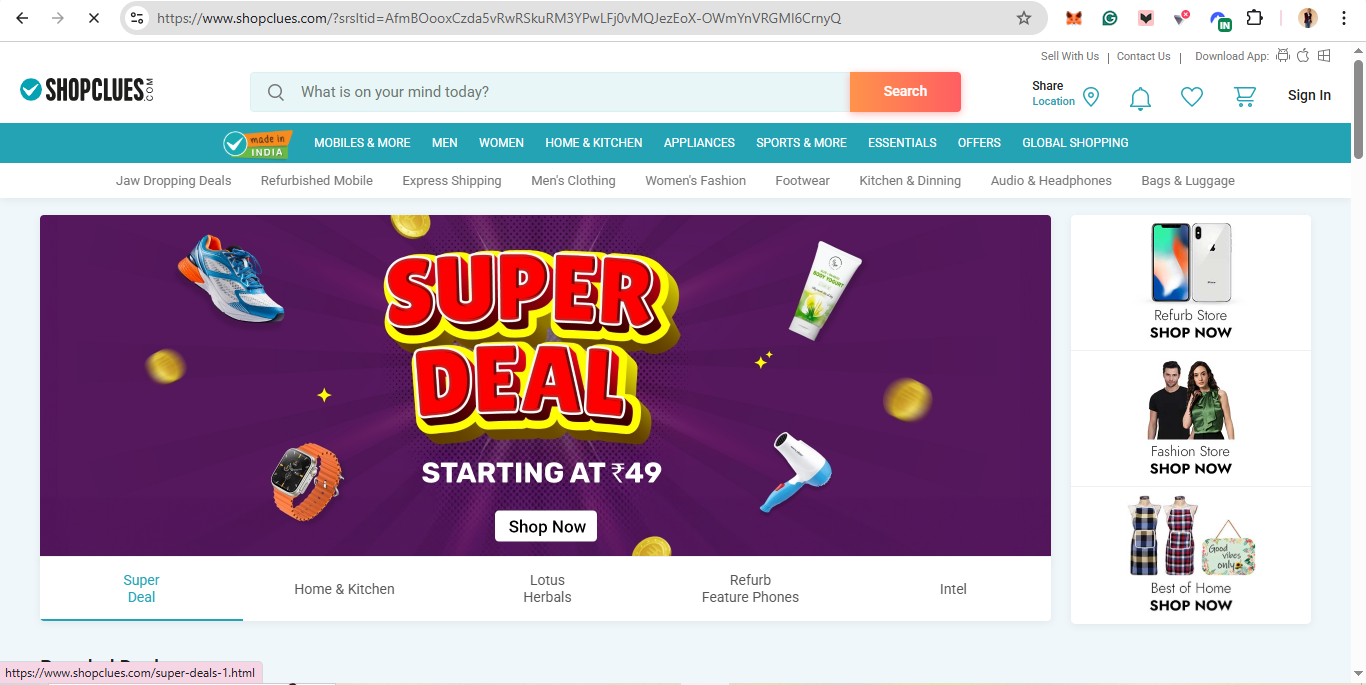
This one’s a bit under the radar, but ShopClues still gets decent traffic for affordable, unbranded items. It’s very low-pressure, and great if you’re testing products and pricing.
Ideal if you’re dabbling in basic home items, electronics, or apparel.
4. Flipkart – Big Reach with Manageable Learning Curve
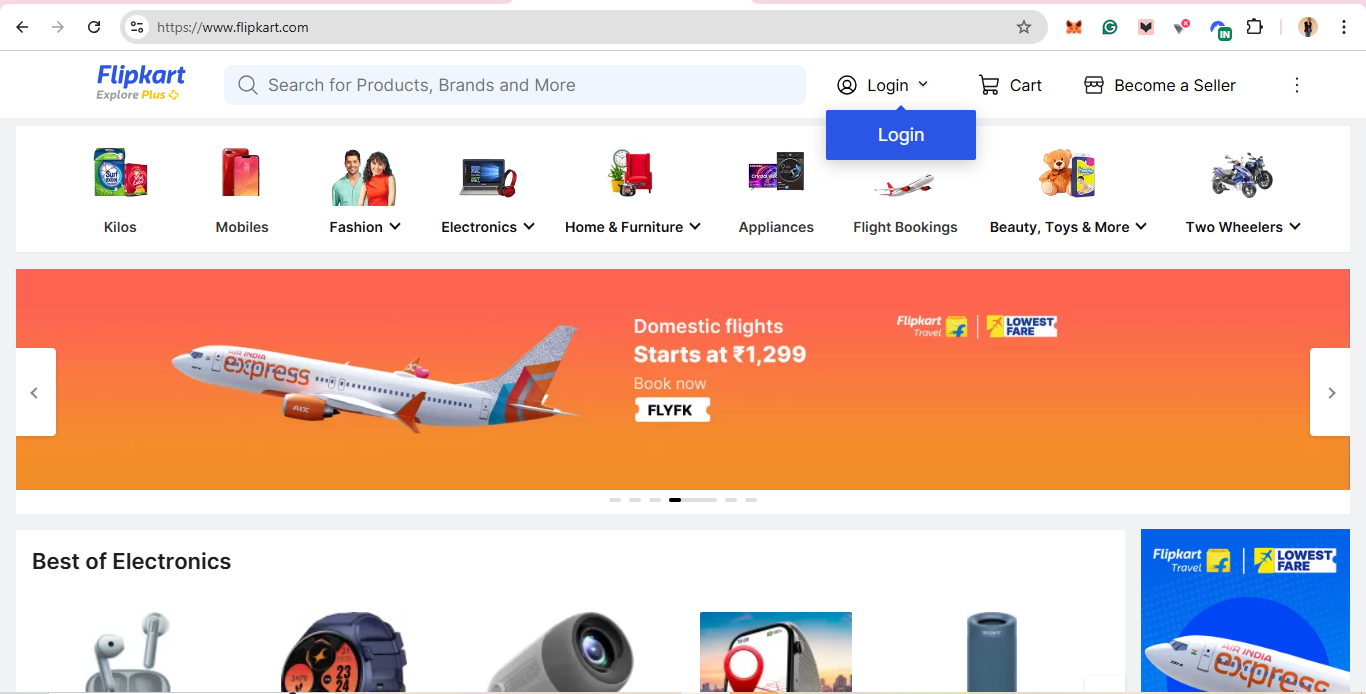
Once you’ve gotten a feel for the basics, Flipkart is a great next step. It brings in serious traffic, and the seller dashboard is pretty beginner-friendly. You’ll need things like a GST number and bank info, but the process is well-guided.
Great for sellers looking to get into popular categories like fashion, electronics, and home décor.
5. Amazon India – Massive Reach, More Rules
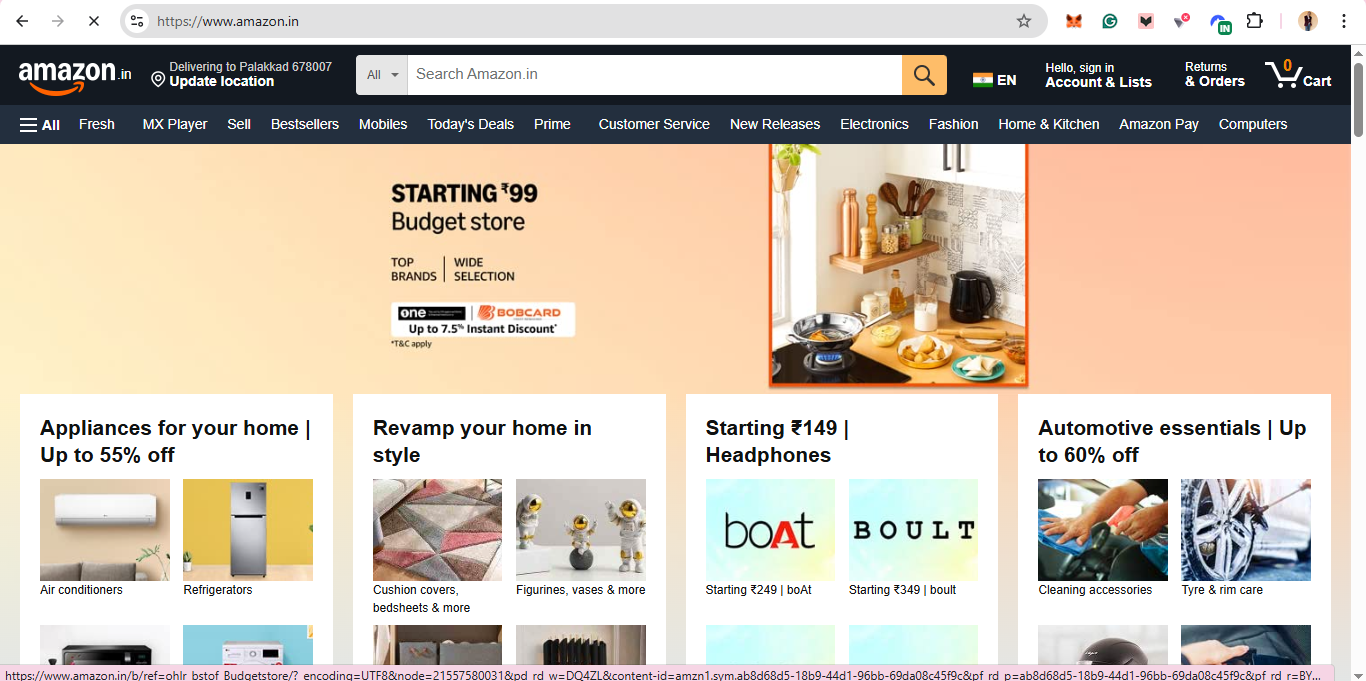
Amazon gives you huge exposure, but it’s also stricter with how you list and manage your products. You’ll need proper documentation, good product images, and time to understand the system.
If you’re okay with learning as you go, Amazon’s fulfillment services (FBA) make things a lot easier. It’s perfect for scaling once you're a bit more confident, and works for almost anything — from books to kitchen tools.
6. FirstCry – Niche but Trustworthy for Kids’ Products
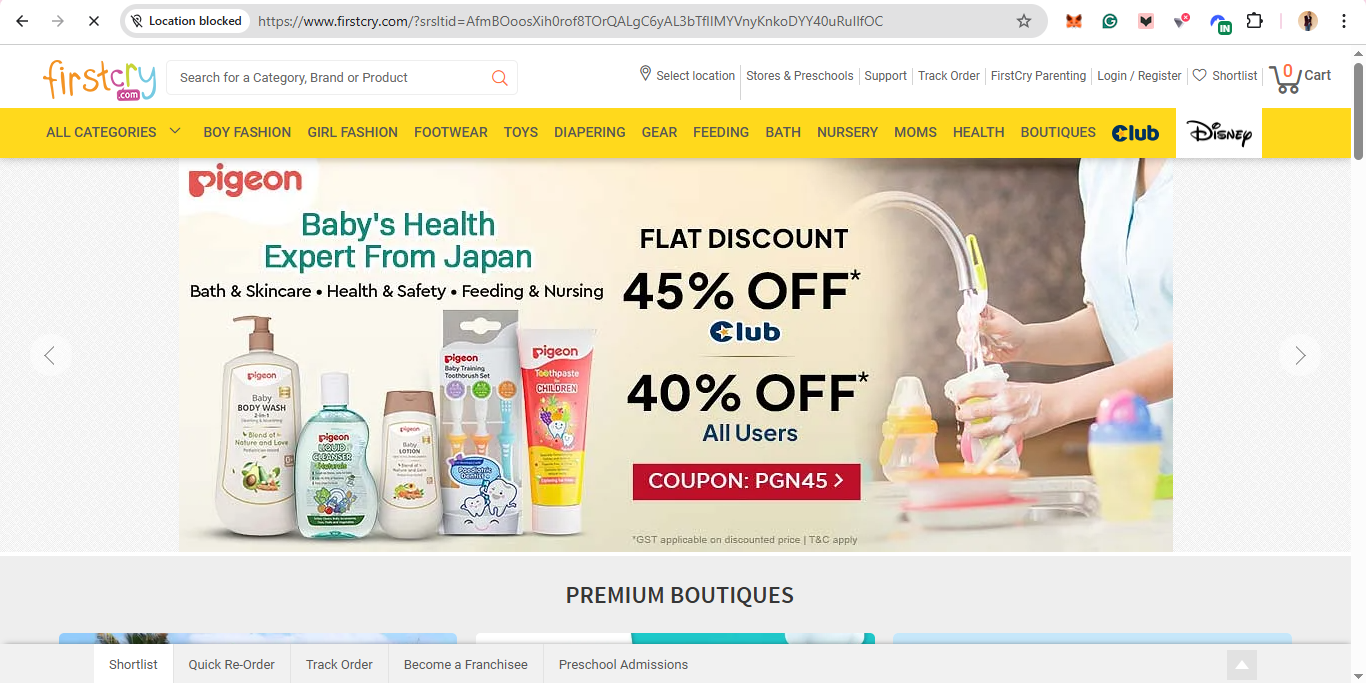
FirstCry focuses solely on kids, babies, and maternity products — and the buyers here are looking for quality and safety. So if you’re in that space and can deliver on trust, it’s a great niche to tap into.
Especially useful for brands selling kids’ fashion, toys, or baby essentials.
7. IndiaMART – Made for Bulk and Wholesale Selling
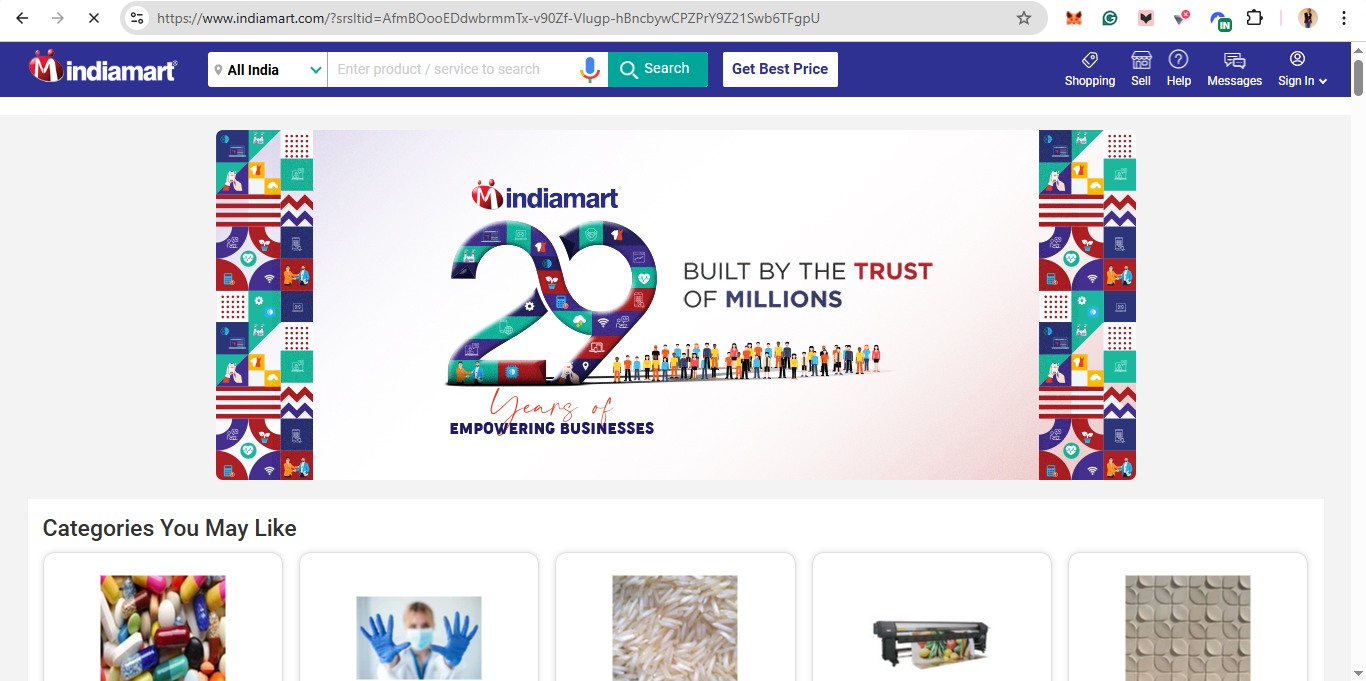
IndiaMART isn’t your regular e-commerce site — it’s more like a lead-generation platform for bulk buyers. You list your products, and buyers reach out directly. No carts or one-click purchases — it’s about conversations and deals.
A great space if you’re into wholesale, manufacturing, or supply chains.
8. Myntra – For Those Focused on Fashion
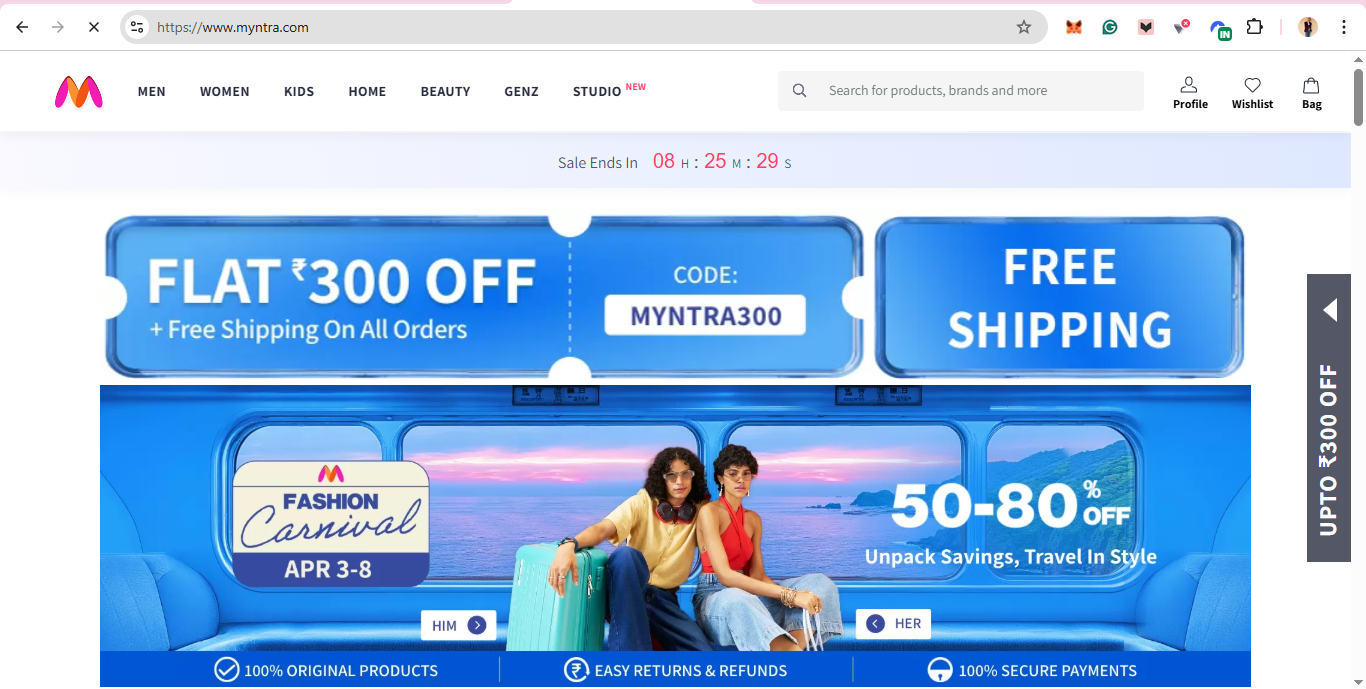
Myntra is a major player in the fashion world. But it’s a little more selective — they prefer curated brands or sellers with a unique angle. If you’ve got your own line or a solid collection, this could be your runway.
Works best for fashion-forward items, accessories, and beauty products.
9. AJIO – For Trendy Brands That Stand Out
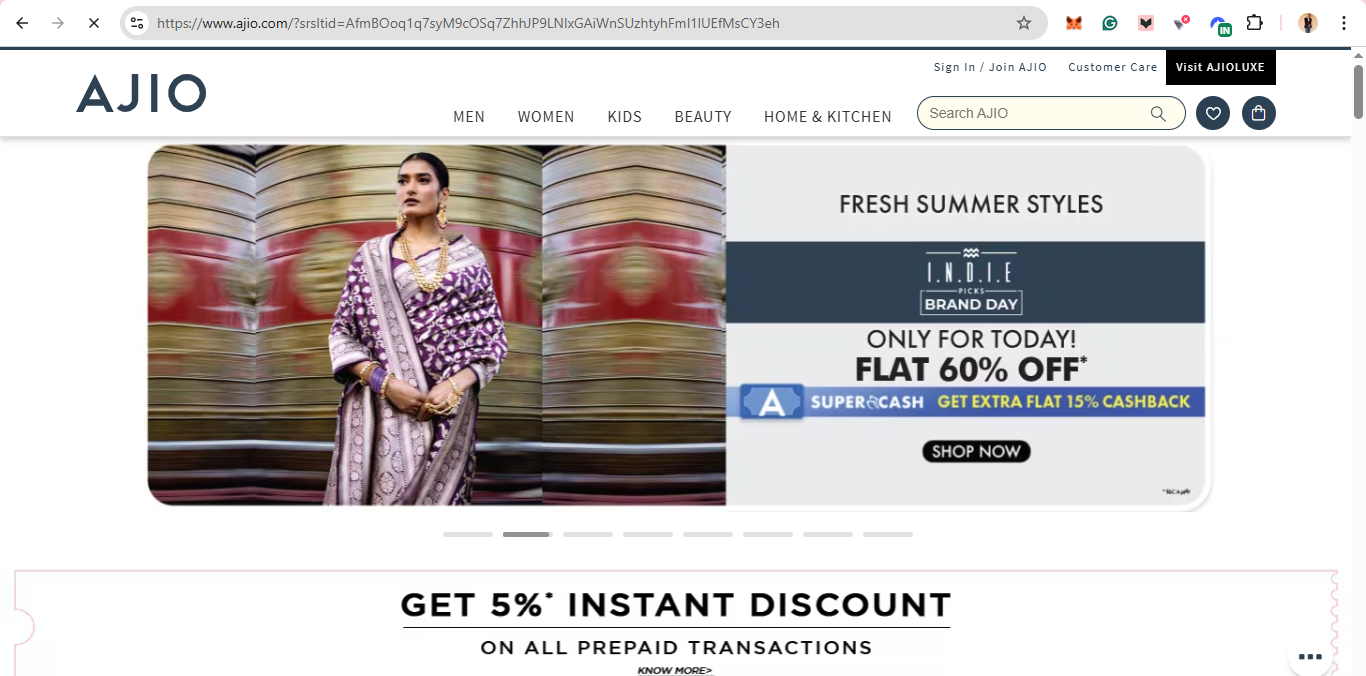
AJIO feels a bit like the cool cousin of online fashion platforms. If your products are trendy, niche, or have a clear brand aesthetic, AJIO is a good fit. Onboarding takes effort, but it pays off if you're building a style-first brand.
Perfect for those in fashion, accessories, or design-led lifestyle goods.
10. Nykaa – Where Beauty and Wellness Brands Shine
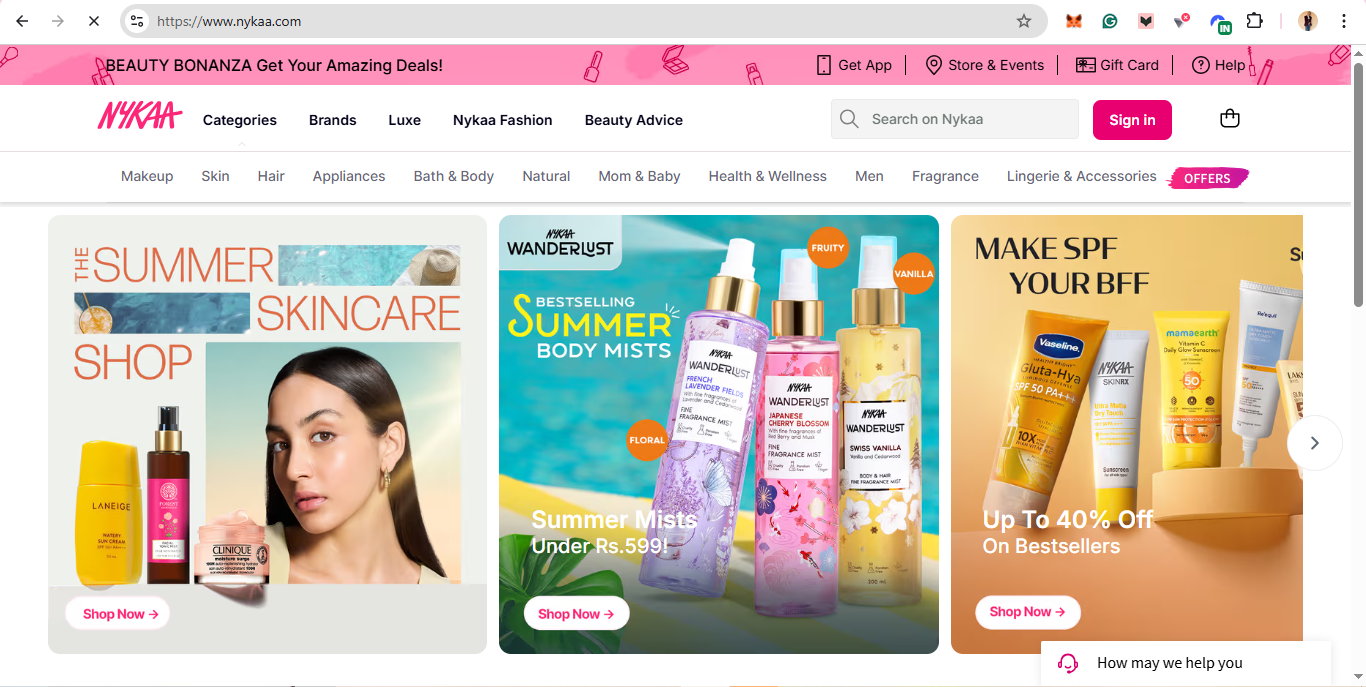
Nykaa is more premium and tailored toward beauty enthusiasts. It's not for resellers — more for actual brand owners with a polished product line. You’ll need good packaging, possibly certifications, and a clear brand story.
Ideal for skincare, makeup, and wellness products that look the part and deliver results.
Conclusion
Getting started with online selling can feel overwhelming — there are a lot of platforms, each with its own rules and quirks. But the key is to start small and choose one that matches your comfort level and product type.
Test it out, see what works, and adjust as you go. You don’t need to have everything perfect from the beginning. What matters most is taking that first step — because every successful online business began the same way: with a simple start.
Image Credit: David Adubiina/Techloy.com






